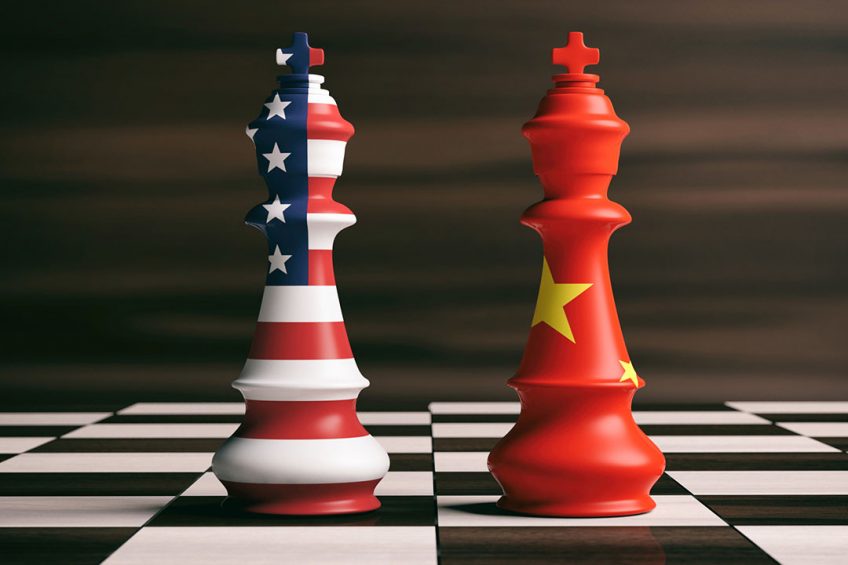China announces ban on ag products from USA

In a next round of measures and counter-measures in a trade dispute between the United States and China, the Chinese government has sent out directives for state-owned agricultural companies not to buy from US suppliers.
The Chinese move is a retaliation to an announcement by the US president Trump to increase taxes for US$ 300 million worth of products with 10% extra, as from September 1. It is believed agriculture is being targeted as the Chinese realise that in the Mid-West is the lion’s share of Mr Trump’s electorate.
African Swine Fever developments
In the light of the current African Swine Fever (ASF) developments, that measure could not come at a worse moment. Although the Chinese authorities have reported barely over 150 outbreaks of ASF to the World Organization for Animal Health (OIE), recent estimates point into the direction of perhaps up to 50% of the total sow herd being lost in China. Until now, frozen stocks have managed to compensate for the loss of pork, but rising pork prices throughout China demonstrate, according to analysts, that those supplies will come to an end.
China currently imports pork from the EU, Brazil, the USA and until very recently, Canada. As the total number of pigs outside China was roughly the same as the number of pigs inside China, the demand to pork coming from China will be exceeding any country can ever supply. In case the US will not be able to export, pig meat on the world market will become even more scarce, leading to even higher prices.
Soybeans for livestock feeding
China is known for importing large amounts of soybeans as well to feed its livestock.
Apart from a ban on agricultural products, the Chinese government also announced to do a devaluation of its national currency, the yuan renminbi, making Chinese products more affordable overseas.











